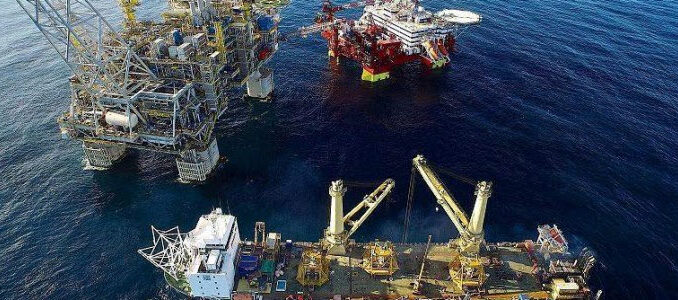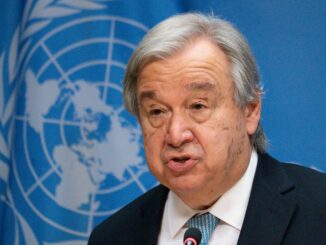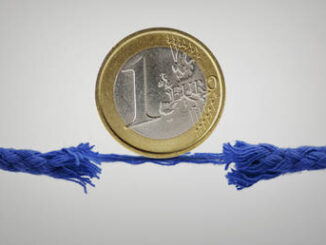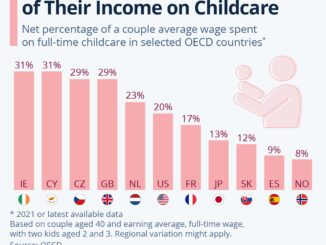
Israel cannot come to the rescue of Europe’s gas and energy supply crunch as it is unlikely to raise the level of its natural gas exports, a senior Israeli official told Bloomberg on Thursday.
Udi Adiri, director general at the Israeli Energy Ministry, told Bloomberg that a cabinet committee in charge of the country’s gas policy would not recommend that Israel boost exports, as it would seek to ensure its own gas and electricity supply.
Currently, Israel gas an export cap in place which is some 40 percent of the annual production of the gas companies. The firms have been calling on the government to allow them to export more, considering the severe crisis in Europe and the relatively small domestic market, especially compared to the huge gas reserves.
Natural gas provides around 70 percent of Israel’s electricity generation. In recent years, several major offshore gas fields have come on stream in Israel, and the country has been exporting gas to countries in the Mediterranean.
The Leviathan gas field—discovered in 2010—together with other fields discovered offshore Israel in the past decade such as Tamar, Karish, and Tanin, is expected to help Israel become energy independent. U.S. supermajor Chevron also has an interest in Leviathan, the biggest energy project in Israel ever, after it bought Noble Energy last year in the first major transaction in the U.S. oil industry since the pandemic started.
Meanwhile, natural gas prices in Europe, although off the record-highs from last week, are still very high and volatile. On Thursday, the UK wholesale gas price and the European benchmark at the Dutch TTF hub rose as cooler autumn weather increased heating demand and as the market continues to wonder how much additional gas Russia could be willing to supply this winter.
The European Commission said on Wednesday that “the current price increases are likely to be temporary,” but even after the market stabilizes next spring, prices would stay “higher than the average of the past years.” The Commission presented a toolbox for a coordinated approach to protect those most at risk in the immediate term, including by investigating “possible anti-competitive behaviour in the energy market.”
By Charles Kennedy for Oilprice.com



